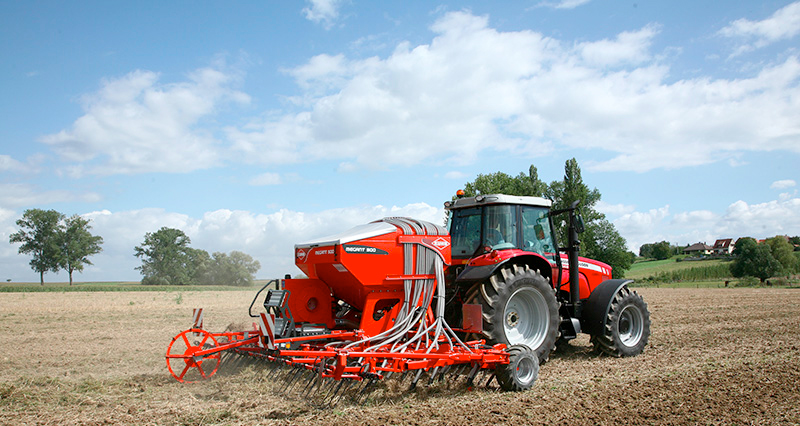
The Tenant Farmers Association will be using its presence at this year’s Cereals Event to further its campaign for longer term Farm Business Tenancies.
Launched to coincide with the 20th anniversary of the introduction of FBT’s, the aim of the TFA’s FBT10+ campaign is to see the average length of term on FBTs rise from the current level of just over 3 years to over 10 years.
TFA Chief Executive, George Dunn said “FBTs have been too short for too long and over past years arable farmers have understood the need for longer term security.
"Dealing with issues such as price volatility, invasion of pests and unfavourable weather within the context of short term security of tenure has created massive strain on farm businesses reliant upon FBTs. We need a step change in the security made available to arable producers by making longer term lets more attractive to the landlord community whilst at the same time discouraging shorter term agreements”.
“The short-term nature of tenancies is also threatening the long-term sustainability of our soils which is the very basis upon which our farming future depends. Those with only a short-term horizon will be less inclined to consider long term soil health and although some landlords are now seeking to include a comparison of soil indices at the beginning and end of tenancy agreements, this is treating the symptoms rather than the cause. Give people long-term security and they will be happy to invest in the farm’s infrastructure including ensuring vital soil management control,” said Mr Dunn.
“It is also the case that rent levels on new FBTs for arable ground appear removed from reality. High levels of rent are regularly offered by owner occupiers who have low rent and finance charges on their main holdings despite the damage that this causes to their own farm profitability and the negative impact it has on rents more widely. Owner occupiers need to wake up to the reality of what they are doing both to themselves and to the wider interest of arable farmers reliant upon FBTs” said Mr Dunn.
“Rents on land growing maize intended for anaerobic digestion plants are also causing distortions due to the generous Feed in Tariff offered by Government. The TFA continues to argue that crop fed anaerobic digestion systems should no longer be able to attract this funding given the extent to which it is both distorting the market place for let land and the large profits that are clearly being made from these activities,” said Mr Dunn.
“The Cereals Event will provide us with a great opportunity to hear from a wide range of arable producers and those connected to the sector to inform our campaign for the remainder of the year”, said Mr Dunn.
